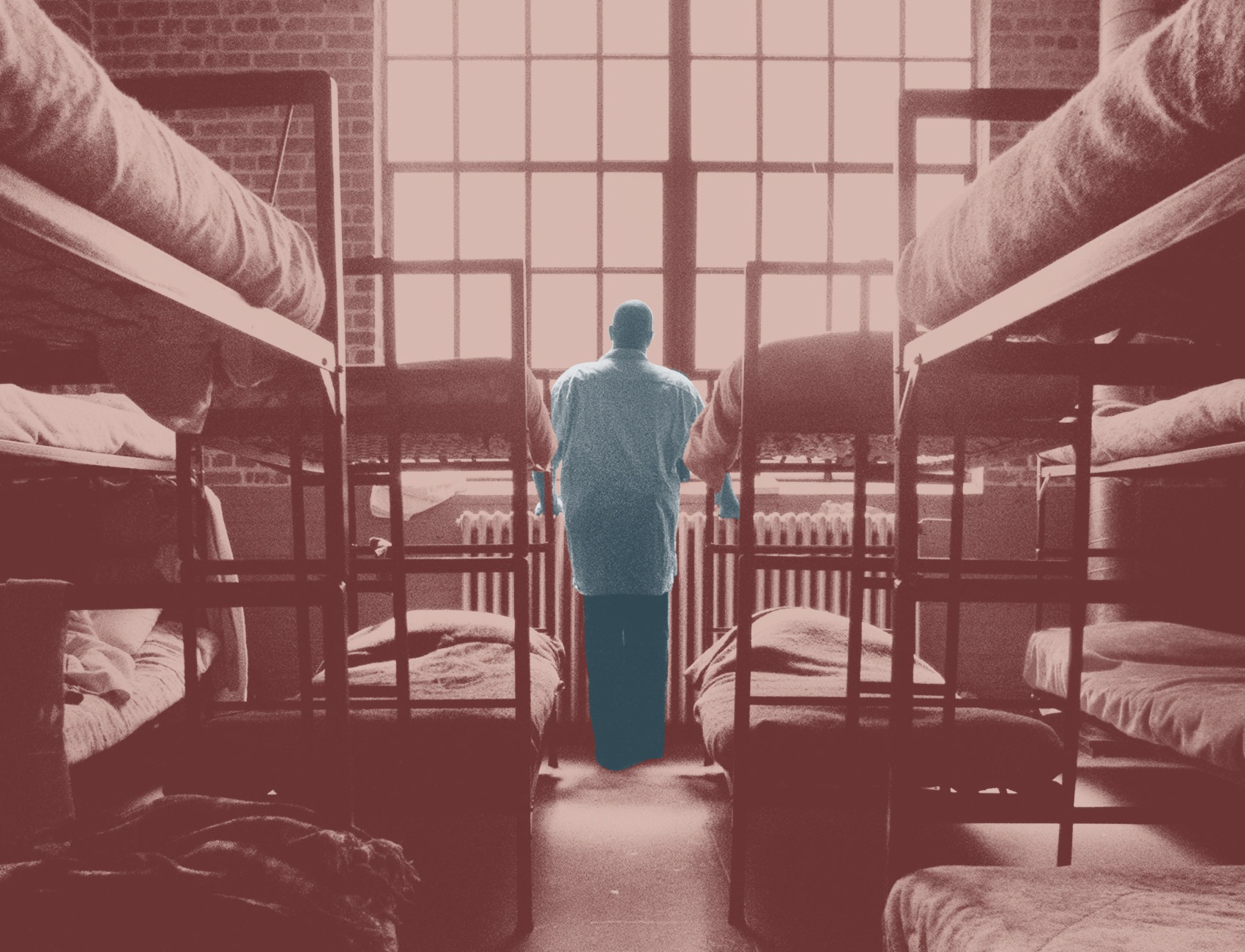Nearly 200 Pardons Languish on Pennsylvania Governor’s Desk
The state Board of Pardons recommended last year that hundreds of people’s criminal records be cleared. Months later, more than half are still waiting for Tom Wolf’s signature.

Nearly 200 people have been waiting months for Pennsylvania Governor Tom Wolf to clear their criminal records by signing off on pardons already approved by the state Board of Pardons.
Last year, the board, which must vote to recommend each pardon before it can go to the governor for final consideration, approved nearly 300 cases. As of Aug. 11, 177 pardons were still sitting on Wolf’s desk.
“The Governor is under no time constraint in which he must make a final decision on a recommendation for pardon, and takes that time to ensure his complete and thorough review and consideration of each recommendation,” Wolf’s spokesperson Sara Goulet told The Appeal in an email.
Goulet provided no timeline for when Wolf was expected to act on the recommendations.
According to data provided by board secretary Brandon Flood, more than 70 percent of all clemency cases that the board heard in 2019, which includes both commutations and pardons requests, involved nonviolent offenses.
Flood told The Appeal that the cases that are approved by the board for a pardon typically involve drug offenses, retail theft or property crimes, or misdemeanor assault.
Goulet did not provide The Appeal with a list of the convictions associated with the pardons awaiting Wolf’s signature but said they “run the gamut from misdemeanor to felony and do include some violent crimes.”
“The impact that a conviction has on an individuals’ ability to move forward in life is stunning,” Ryan Hancock, co-founder and board chairperson of the Philadelphia Lawyers for Social Equity, told The Appeal. Most profoundly, he said, it makes it very difficult to get a job—an issue that has a new sense of urgency given the COVID-19 pandemic and Pennsylvania’s double-digit unemployment rate.
According to the Council of State Governments Justice Center, there are nearly 500 collateral consequences of a criminal conviction in Pennsylvania which, by law, either bar people with criminal convictions from doing certain jobs or place significant barriers to employment.
Even beyond those legal barriers, simply having a criminal conviction can make getting a job, or even a job interview, drastically more difficult. A 2003 study by the Harvard sociologist Devah Pager found that having a criminal conviction for a drug offense cut the rate at which white applicants received a call back for a job interview in half and cut the rate for Black applicants by nearly two-thirds.
“Not only have they long served their sentence and paid back their debt to society, but these are individuals who have succeeded despite all the collateral consequences they face every day,” Hancock said. “These are individuals who are just grasping at the opportunity to live like every ordinary citizen.”
The effects of a pardon go beyond just the individual who receives one.
A recent study by the New Economy League found that pardons granted in Pennsylvania between 2008 and 2018 increased the state economy by $16 million over the course of a decade, by allowing for increased wages for the recipients.
And without a robust opportunity for people to clear their records, the state, and therefore the country, suffers economically because of the sheer number of people touched by mass incarceration. A 2010 study by economists John Schmitt and Kris Warner found that the high volume of people with prison and felony records increased unemployment and lowered the country’s GDP by roughly $60 billion in 2008 alone. In 2016, more than 110 million adults in the U.S. had an arrest record.
Wolf recently touted the one-year anniversary of the state’s automatic “clean slate” law, which seals certain convictions after a period of time, and the passage of legislation that eliminates some barriers to job licensure for people with criminal convictions.
Hancock commended Wolf for his overall commitment to second chances, but criticized him for having still not approved the pardons. Wolf has granted more than 900 pardons and a total of 21 commutations of life sentences since taking office in January 2015.
“It’s deeply disturbing and upsetting that the governor is not taking more seriously these individuals’ plights by not having that pardon,” Hancock said. “Can you imagine getting that pardon and thinking your life was going to change and it hasn’t one year later?”
